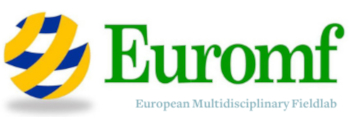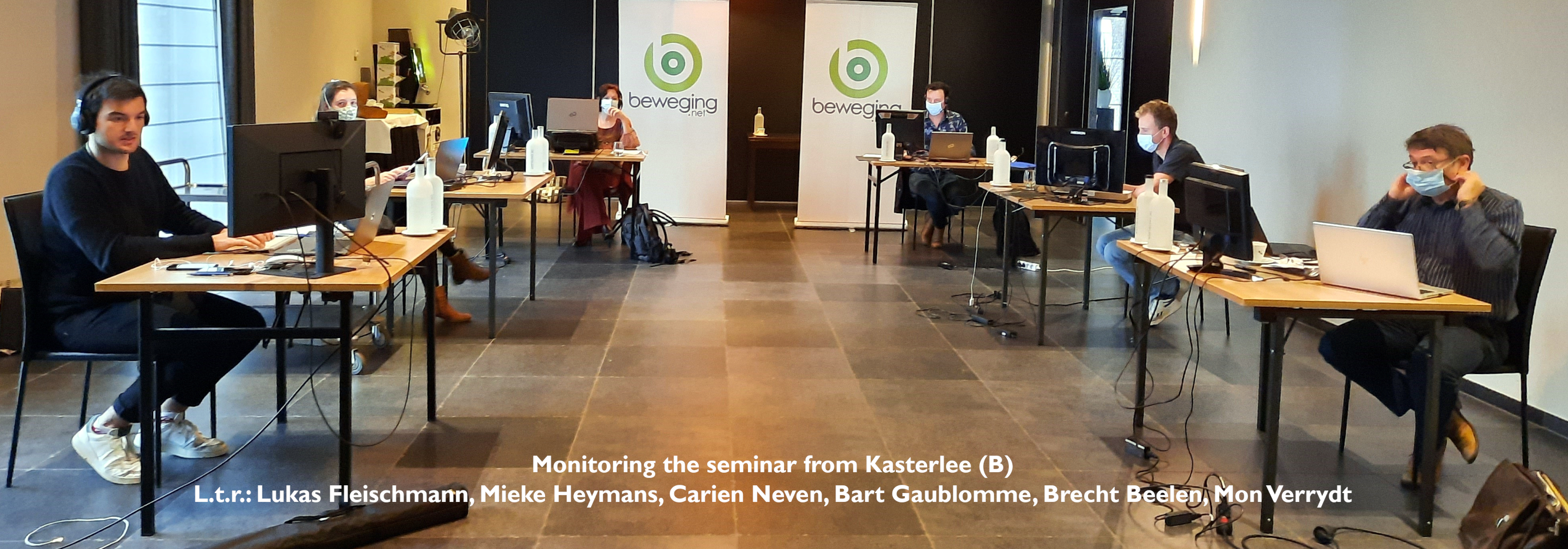Equality on the European agenda
Report EZA Kick Off Seminar 2020
Not everyone gets the same chances on the European labour market. Some groups have fewer opportunities. Labourer’s organisations can play a key role to eliminate this inequality.
“In order to denounce the problem, we organised a seminar with representatives from labourer’s organisations from all over Europe”, says Carien Neven who monitored the conference. “The original plan was to invite about a hundred people in Gent, but corona got in the way. Luckily technology gave us the chance to discuss this important subject in a digital way.”
The participants are all members of EZA (the European Centre for Workers’ Questions). Sigrid Schraml, EZA secretary general, clarifies the activities of the organisation: “We are a network of 70 labourer’s organisations from 29 European countries based on christian social values. Among the EZA member organisations are labour unions and socio-cultural workers’ organisations, as well as educational, training and research institutions who address issues raised by employees. We organise about 70 seminars a year on various forms of social dialogue.”
“Several groups get fewer chances on the labour market”, Carien explains. “We chose to focus on four causes of exclusion: gender, sexual orientation, origin and persons with a work disability.“
European Commissioner for equality Helena Dalli addressed the participants via a video conference. She outlined the EU’s strategy on gender equality, the main goals of which are to end gender-based violence, to fight gender stereotypes, to close the gap between men and women on the labour market, to guarantee equal participation in the various economic sectors, to address the gap between salaries and pensions of men and women, to find a balance in the distribution of care tasks, in decision making and in politics.
Ellen Delvaux (IDEWE) and Ellis Aukema (çavaria) discussed PREVENT, a project researching discrimination and wellbeing in the workplace of LGTBI+ employees. The research findings should contribute to challenging discrimination and promoting diversity management.
“Labourer’s organisations should mirror the diversity in society”, says diversity expert professor Patrizia Zanoni of the UHasselt. “Society is becoming increasingly divers, so labour unions shouldn’t lagg behind. Otherwise they risk of becoming irrelevant.”
A nice example of integrating refugees was found in the project ‘In de zorg – uit de zorgen’. This European project, of which Familiehulp is one of the supervising organisations, integrates former refugees into the care sector.
Professor Eline Jammaers (UCLouvain) discussed, among other things, a number of good practices to achieve a better integration in the labour market of people with a work disability. One can, f.i., pursue a safe environment for workers with disabilities. Also the recruitment of disabled employees can be added to the goals to be achieved by managers.
“There is still a lot of work to be done”, concludes Carien. “Standing up for equal access to and equal rights in the workplace is one of the core missions of labourer’s organisations. We will definitely continue to monitor this in the future and share experiences with our European partners.”



